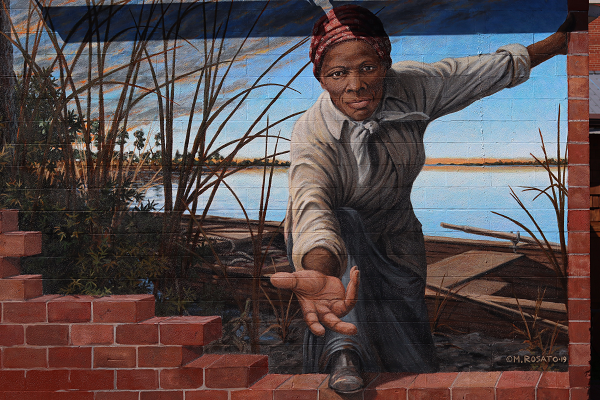Supporters and opponents of Critical Race Theory (CRT) debate the merits of teaching more about racism and slavery in schools. Some supporters of CRT have said, “opponents of CRT want our history white-washed.” They imply that some of what is taught in history is a lie.
Opponents of CRT do support facts about racism and slavery being taught. CRT teaches kids to find hate when none is there. Uses guilt and shame on children. Teaches them to resent each other. Thrives on sowing division. It uses segregation to divide. Values skin color over character. It is not about equality. It is power and politics that seeks vengeance instead of forgiveness.
CRT, also known as Diversity, Equity, Inclusion, and Justice, is a radical worldview that many parents do not want for their children. They still subscribe to judging people on their character and not their skin color. They embrace the message of peace and justice and appreciate those values not being undermined by a radical worldview.
Most of us learned about the history of racism and slavery in school. As a supporter of academic excellence in education, this history should be presented honestly and factually.
With racism and slavery, it is important to teach the facts and not deceive children. But if you insist on pushing a political agenda-based narrative, it should be scrutinized.
There may be room for improvement when it comes to portraying history accurately. How many students graduate from high school knowing the Christian background of important historical figures like Harriet Tubman and the abolitionists? How often is that mentioned? For instance, the abolitionists claimed that Harriet Tubman drew her strength from her faith in God. She felt her mission was as a deliverer and protector of the weak.
Most of us learned about Lincoln freeing the slaves, but how many people know about the Christian faith of the abolitionists who fought for slaves for 30 years? For instance, Christianity today said, “One reason abolitionists are forgotten is that they were inescapably Christian in their motives, means, and vocabulary. Not that all abolitionists were orthodox Christians, though a large proportion were. But even those who had left the church drew on unmistakably Christian premises, especially on one crucial point: slavery was a sin. Sin could not be solved by political compromise or sociological reform, abolitionists maintained.”
Most early abolitionists were white religious Americans. Some of the most prominent leaders were also black men and women who had escaped slavery. Historians have stated that during the Great Awakening, the religious movement inspired the abolitionists to fight against slavery. This Protestant revival centered around the idea that all men are created equal in the eyes of God. The appeal to end slavery was very much grounded in Christianity.
To argue persuasively against slavery, abolitionists had to find ways to use the Bible and Christian tradition to make their case. In Angela Grimke’s, ‘Appeal to the Christian Women of the South,’ the argument is that the laws of God are in conflict with U.S. laws supporting slavery. Christian women were justified in resisting civil laws for the sake of their religious beliefs. The appeal to end slavery was also found in their Christian faith.
In this online professional development course, The Religious Roots of the Abolitionist Movement, there is a focus on the role of religious beliefs and institutions in the battle to end slavery. How many teachers are learning these important facts? Laurie Maffly-Kipp, Professor of Religious Studies and American Studies at the University of North Carolina at Chapel Hill, offers primary documents to show this historical information.
This is not the state establishing a religion, but providing historical facts to teachers to learn the historical context of the abolitionist movement and courageous leaders who worked to end slavery.
In the Critical Race Theory political agenda now invading our classrooms, whites, including Christians, are portrayed as oppressors and racists. They don’t mention this important historical information.
So maybe we look at ways to improve the historical facts presented in American history. Racism and slavery are evil, but instead of using propaganda, they need to show children the truth of history to understand that it was people of great faith that also helped lead this great country to abolish slavery.
William Wilberforce said: “God Almighty has set before me two great objects: the suppression of the slave trade and the reformation of manners.” Let’s teach more about slavery and racism, but let’s tell all of the truth.
